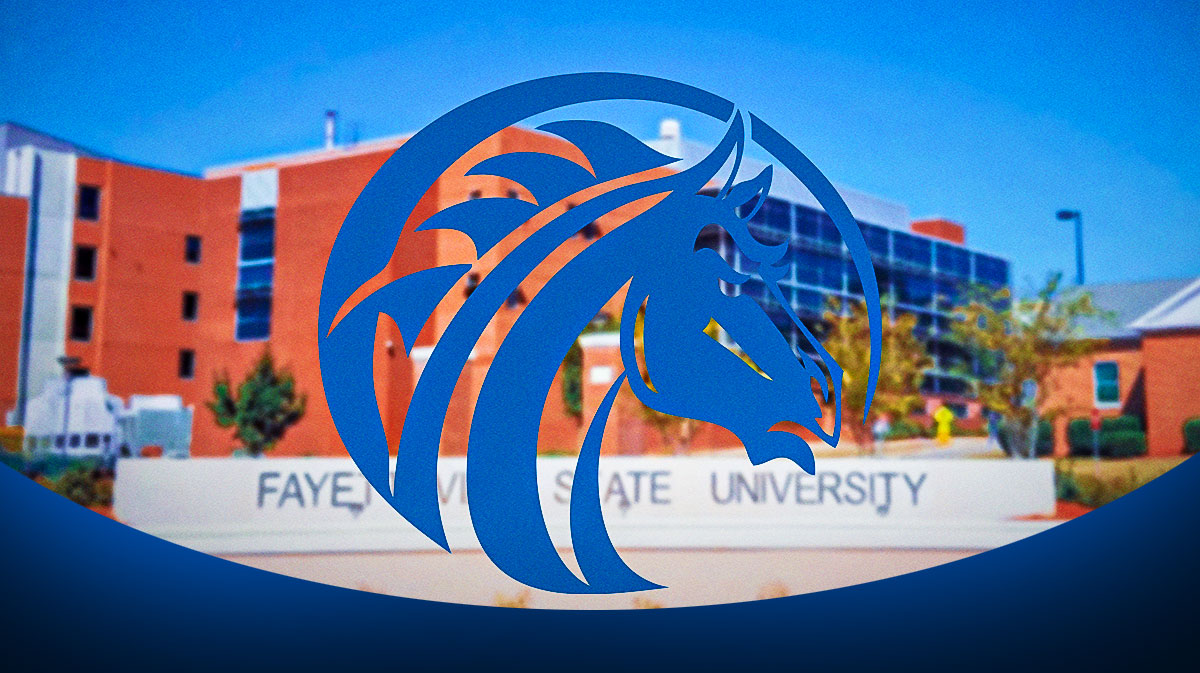Morgan State University (MSU) has received an enormous grant of $5 million from the National Nuclear Security Administration (NNSA), the school announced last week Thursday via their online newsroom.
The grant is intended to fund a nuclear engineering program that will equip MSU students with essential knowledge and skills for the Nuclear Security Enterprise workforce, the school explained in the official announcement. It’s purpose is to increase the number of graduates and postdoctoral students in the nuclear engineering field.
This new monetary award helps bring more diversity to the United States’ nuclear engineering workforce, as data shows that it is made up of 73% White workers while Black or African Americans make up just 7%. It will fund the the Scholarly Partnership in Nuclear Engineering (SPINE) initiative, which will create opportunities for underrepresented groups in nuclear science through offering hands-on training, research opportunities and collaborative projects with industry leaders. SPINE will engage with students at K-12 schools and community colleges as well.
Oscar Barton, Jr., Ph.D., dean of the Clarence M. Mitchell, Jr. School of Engineering, shared his excitement for the program.
“I am proud that Morgan has been selected as a partner institution to launch this program, which aims to develop the next generation of scientists,” he said. “This new initiative not only enhances their educational experience but also opens up a myriad of possibilities for their future careers, allowing them to explore paths they may not have had the opportunity to consider otherwise.”
In addition to SPINE, the grant money will pay for the development of innovative, lead-free perovskite-based nuclear sensors. The decision to go lead-free is a direct response to the health risks that lead poses to the environment. In such affairs, MSU will collaborate with the Department of Energy (DOE) and the National Nuclear Security Administration (NNSA).
Universities such as Navajo Technical University (NTU), the University of Puerto Rico at Rio Piedras, Idaho National Laboratory (INL), and Savannah River National Laboratory (SRNL) will be involved in the SPINE initiative.
MSU was founded in 1867. The historically black university (HBCU) is a Carnegie-classified high research (R2) institution, and is the only university to have its entire campus designated as a National Treasure by the National Trust for Historic Preservation.





